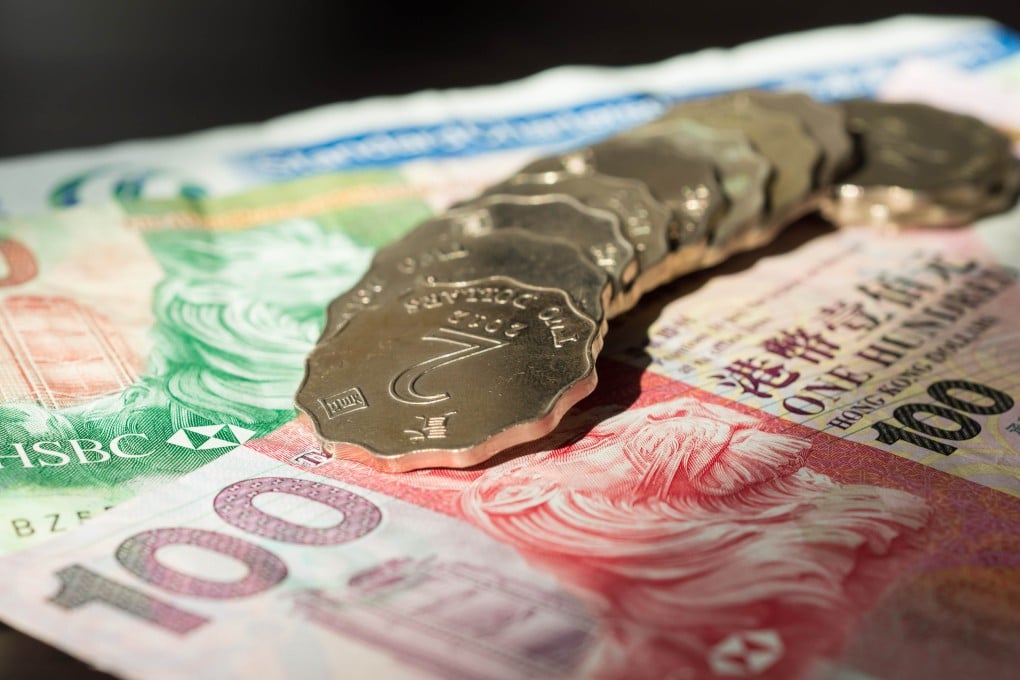Advertisement
Hong Kong’s e-dollar study in spotlight as city’s US dollar peg remains strong
- Hong Kong Monetary Authority has set up a working group to look into ‘legal and regulatory issues’ related to an e-Hong Kong dollar
- Local currency’s peg to US dollar is regularly questioned amid concerns that the de facto central bank might be forced to abandon the currency board
Reading Time:3 minutes
Why you can trust SCMP

As the Hong Kong dollar continues to remain strong, attention is turning towards the potential for a digital version to be launched in the city.
In line with a strategic plan to promote Hong Kong’s fintech development, the city’s de facto central bank said last week that it had set up a working group to study the feasibility of an e-Hong Kong dollar.
“The [Hong Kong Monetary Authority] will come to an initial view on the prospect for an e-Hong Kong dollar in the next 12 months,” Siddharth Tiwari, Asia-Pacific chief representative at the Bank for International Settlements (BIS), said at the South China Morning Post’s annual China Conference on Wednesday.
Advertisement
“The HKMA is studying the aspects relating to the risks in legal and regulatory issues.”
A BIS survey earlier this year found that 86 per cent of 65 central banks were researching the potential for central bank digital currencies, with one-fifth of the world’s population likely to see a sovereign digital currency in the next three years.
Similar to mainland China’s nascent e-yuan, the e-Hong Kong dollar, if it comes to fruition, would merely be an electronic version of physical notes and coins. And as such, the HKMA said it would not have any implications on the Hong Kong currency’s 38-year peg to the US dollar.
Advertisement
Select Voice
Select Speed
1.00x